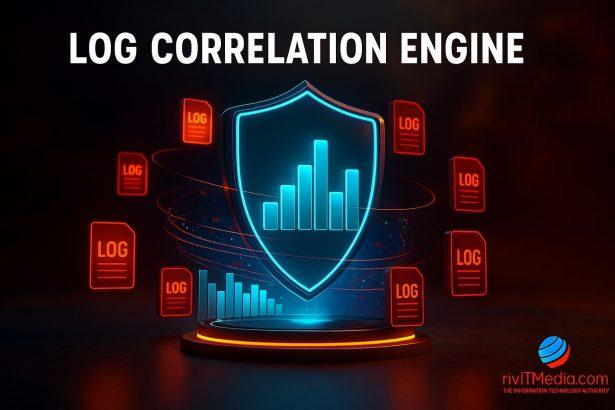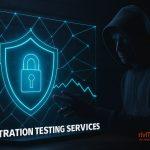What Is a Log Correlation Engine?
A Log Correlation Engine (LCE) is a software system that collects log data from multiple sources (e.g., firewalls, servers, endpoints, applications), normalizes the data, and applies correlation rules to detect patterns of suspicious or malicious activity. It is a core component of SIEM (Security Information and Event Management) systems.
Protect Your Business’ Cybersecurity Now!
Protect your business from evolving cyber threats with our tailored cybersecurity solutions designed for companies of all sizes. From malware and phishing to ransomware protection, our multi-license packages ensure comprehensive security across all devices, keeping your sensitive data safe and your operations running smoothly. With advanced features like real-time threat monitoring, endpoint security, and secure data encryption, you can focus on growth while we handle your digital protection. **Request a free quote today** for affordable, scalable solutions and ensure your business stays secure and compliant. Don’t wait—get protected before threats strike!
Why Businesses Need a Log Correlation Engine
1. Improved Threat Detection
LCEs help identify coordinated attacks that may be invisible when logs are analyzed in isolation. For example, multiple failed login attempts across different servers might indicate a brute-force attack.
2. Faster Incident Response
By correlating events and flagging anomalies, an LCE reduces the time it takes to detect, investigate, and respond to threats.
3. Regulatory Compliance
Many compliance standards (e.g., GDPR, HIPAA, PCI-DSS) require detailed audit trails. LCEs facilitate the collection and management of such logs.
4. Operational Efficiency
Instead of manually sifting through thousands of logs, IT teams can rely on LCEs to highlight relevant security incidents, saving time and reducing error.
How It Works
Log Collection
- Gathers logs from firewalls, IDS/IPS, antivirus, servers, endpoints, etc.
Normalization
- Transforms different log formats into a consistent structure.
Correlation
- Applies rules or AI/ML models to detect patterns that indicate threats.
Alerting
- Sends real-time alerts for suspicious or critical security events.
Use Case Example
Scenario: A hacker tries to gain access to a company’s network by testing stolen credentials across different endpoints.
Without LCE: Each login attempt appears isolated, and the pattern goes unnoticed.
With LCE: The engine identifies multiple failed logins across systems and raises an alert, enabling a fast response.
Choosing the Right LCE for Your Business
When evaluating LCE solutions, consider:
- Scalability (can it handle your log volume?)
- Integration (compatibility with existing systems)
- Custom Rules (ability to define tailored correlation rules)
- Real-Time Analysis (speed of threat detection)
Enhance Protection with SpyHunter’s Multi-License Option
Pairing an LCE with strong endpoint protection ensures robust defense. SpyHunter’s multi-license feature allows businesses to protect all their devices with a single subscription — an ideal companion to centralized logging and correlation tools.
Protect Your Business’ Cybersecurity Now!
Protect your business from evolving cyber threats with our tailored cybersecurity solutions designed for companies of all sizes. From malware and phishing to ransomware protection, our multi-license packages ensure comprehensive security across all devices, keeping your sensitive data safe and your operations running smoothly. With advanced features like real-time threat monitoring, endpoint security, and secure data encryption, you can focus on growth while we handle your digital protection. **Request a free quote today** for affordable, scalable solutions and ensure your business stays secure and compliant. Don’t wait—get protected before threats strike!




